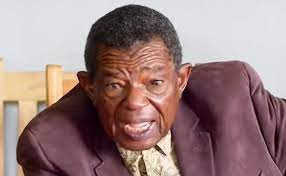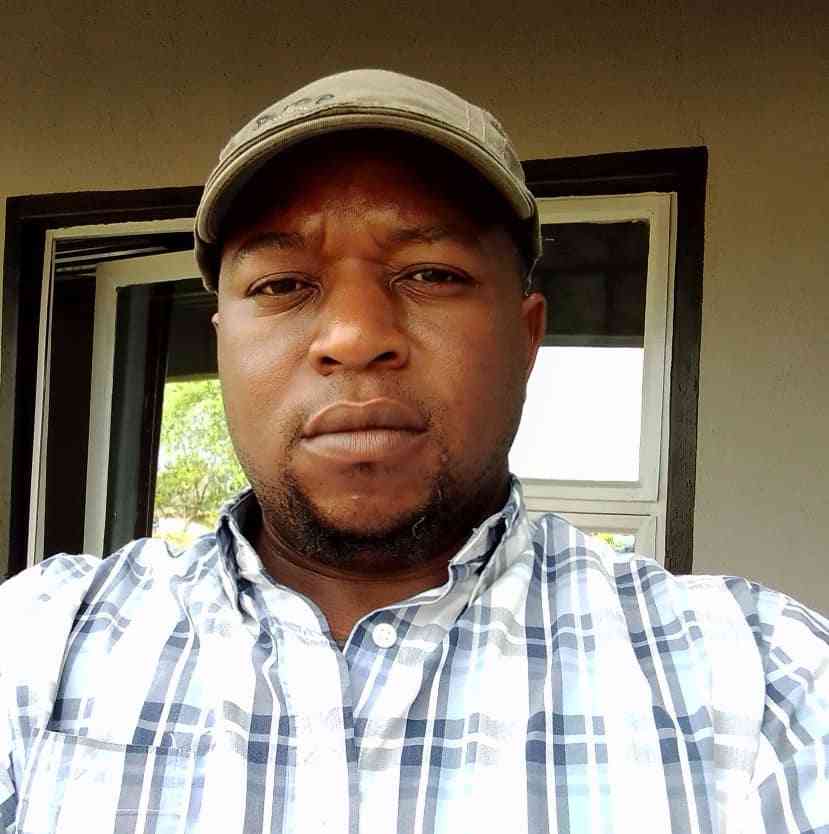
ON March 26, a friend alerted me to a Press conference held by Blessed Geza, a Zimbabwean war veteran and former Zanu PF central committee member.
I also understand he recently gained significant attention for his outspoken criticism of President Emmerson Mnangagwa’s administration.
His bold stance has reportedly led to his expulsion from the ruling party and the filing of sedition charges against him.
Nevertheless, he continues to advocate for systemic change in Zimbabwe, leveraging on platforms such as YouTube and other social media channels to amplify his message.
Due to pressing personal commitments, I was not actively following developments in our national politics.
However, on this particular day, I tuned in to one of the social media platforms to listen to Geza. His channel, now one of the fastest-growing in Zimbabwe, reportedly drew over 20 000 devices during the livestream — a testament to the growing public interest in his message.
Rather than dwell on the content of Geza’s address, I found the public discourse that followed more compelling. Two dominant schools of thought emerged from the debate. One holds that Geza represents a beacon of hope for millions yearning for political change.
The other is more sceptical, suggesting that he may be a player in internal Zanu PF factional conflicts, and cautioning that supporting him could mirror how the masses were manipulated during the internal coup of November 2017.
- All is not well in the cockpit as war vets cry foul
- Zim at tipping point over ED2030
- Post-coup era: Zim clamours for real change
- Allow me to reintroduce myself
Keep Reading
This debate invites deeper reflection on Zimbabwe’s political journey since 1980, especially concerning the evolution of the political space and its key actors. Between 1980 and the 1990s, Zanu PF held uncontested dominance, despite dissenting voices from figures such as Edgar Tekere, Ndabaningi Sithole and Margaret Dongo, among others.
The majority of the population was immersed in the independence euphoria after years of a protracted struggle. At the time, criticism of the ruling party was often viewed as unpatriotic or counterproductive. Zanu PF enjoyed its moment of dominance and symbolic authority — but ultimately, it squandered that opportunity.
It was in the mid-1990s that meaningful opposition began to take shape, driven largely by student and labour movements advocating for accountability, good governance and political reform. This wave culminated in the formation of the Movement for Democratic Change (MDC), which went on to dominate the opposition space up until 2017.
Between 2000 and 2017, Zanu PF was often on the defensive, uncertain of its future as growing segments of the population rallied behind the opposition. Reports of electoral violence and vote rigging became recurring themes, with the opposition registering multiple near-victories or alleged stolen victories.
Confidence in elections and the opposition parties began to wane after the 2013 elections — an election many argue should not have proceeded without the implementation of Sadc-recommended political reforms. This period saw the disintegration of the opposition into various smaller parties, many of which succumbed to internal divisions, political pressure or the loss of prominent leaders. Indeed, the country lost several influential opposition voices along the way.
The years between 2013 and 2018 were marked by political opportunism, resulting in a fragmented and crowded political landscape. The 2018 presidential election featured a record 23 candidates — the highest number in Zimbabwe’s history. In the aftermath, opportunism appeared to pay off, culminating in the formation of the Political Actors Dialogue (Polad), a platform initiated by Mnangagwa.
Intended to foster national unity and tolerance, Polad brought together 2018 presidential candidates in a dialogue forum. However, it also signalled the decline of serious opposition politics and created a significant vacuum in the political space — one that Geza’s voice now echoes within. Today, much of the opposition appears to be in retreat, with some of its former leaders shifting focus to religion or stepping back entirely. This has left citizens unsure whether the current crop of opposition leaders offers a viable path forward.
Meanwhile, hardship and hopelessness persist. In such conditions, the public — driven by desperation — is inclined to gravitate towards any figure or movement, regardless of its origins, that appears to challenge the status quo and offers the promise of change.
Geza is simply capitalising on a political space left vacant by a weakened opposition. Despite the ambiguity surrounding his ultimate agenda, his message is resonating with an increasingly frustrated population — each individual interpreting his rise through the lens of their political aspirations.
There is also a growing school of thought suggesting that the only significant political change in Zimbabwe has occurred within the ruling party itself. In the absence of a robust opposition, this narrative may appear to be the most credible. However, change within Zanu PF has not translated to meaningful policy shift. On the contrary, it has arguably exacerbated the country’s socio-economic decline.










